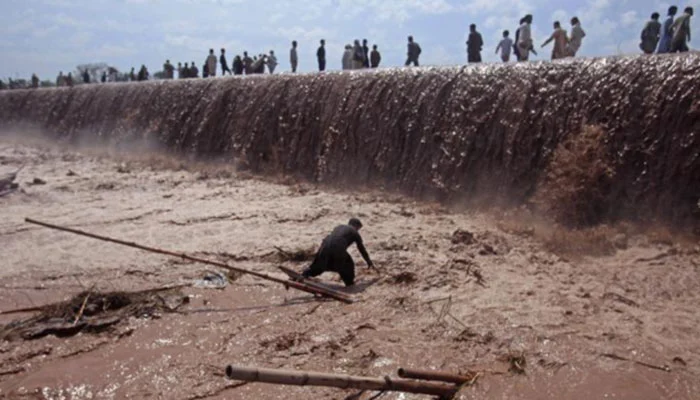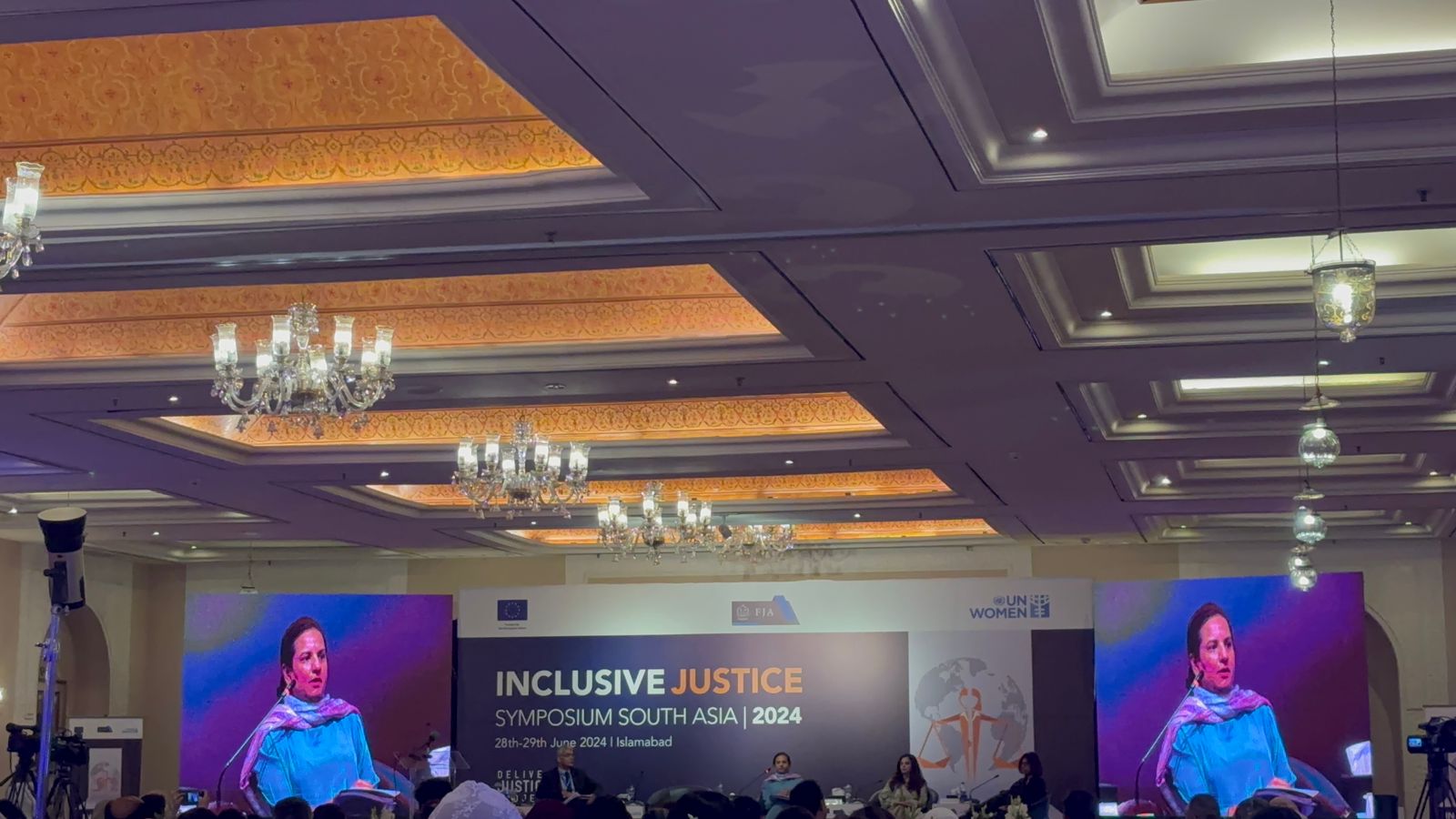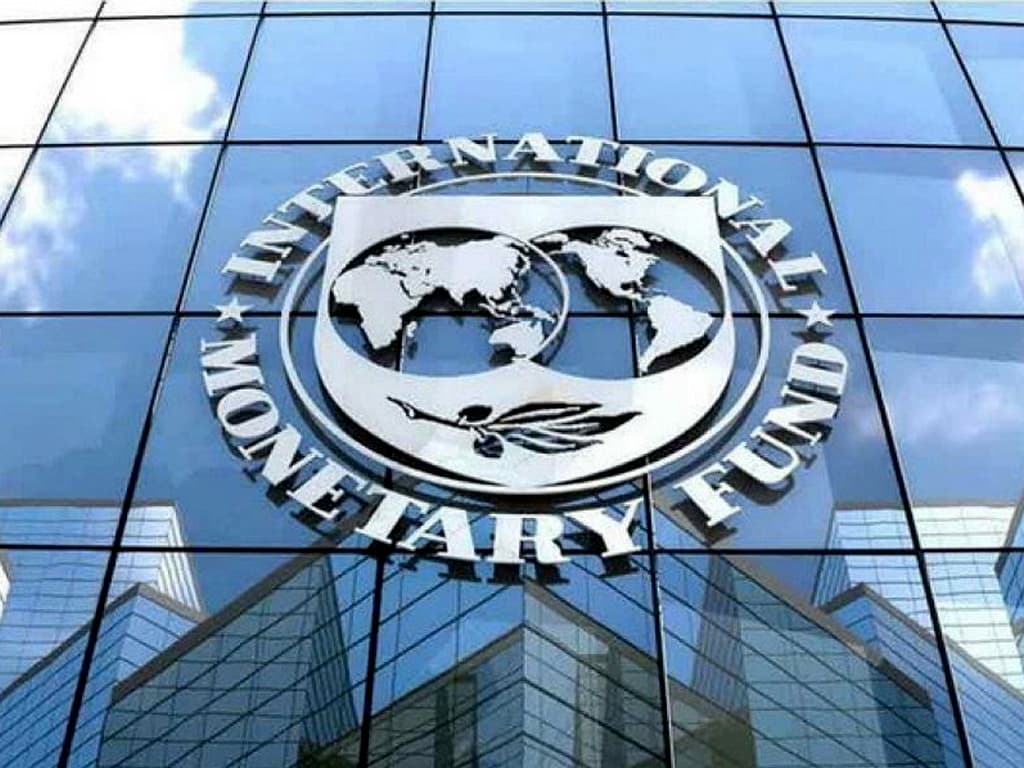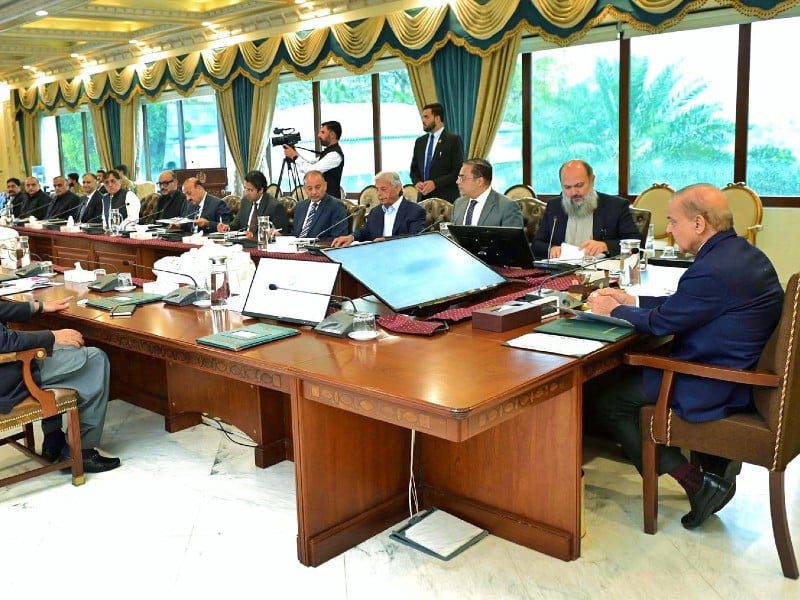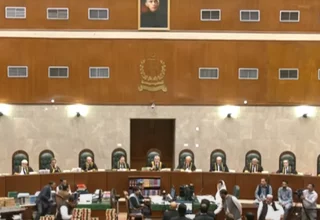Pakistan will spend Rs200 billion on climate change impacts by 2030, says Shamshad Akhtar
- Pakistan is eighth most vulnerable nation to climate crisis.
- Minister says country confronting huge fiscal deficit.
- Funds to be raised for green financing from capital market: Akhtar.
KARACHI: Caretaker Finance Minister Shamshad Akhtar has said that Pakistan needs an investment of about $340 billion by 2030 to deal with the challenges of climate change, which is equivalent to 10% of its cumulative gross domestic product (GDP).
She noted that countries like Pakistan have to choose between prioritising the spending on development and climate change, The News reported on Thursday.
“Pakistan will spend Rs200 billion on climate change impacts by 2030,” she pointed out while speaking at the 2nd Pakistan Climate Conference, organised by the Overseas Chambers of Commerce and Industry (OICCI).
She said that although the intensity of the economic crisis has subsided, the country was faced with intense climate challenges.
“One of the biggest challenges we have internationally is the issue of trade-off between climate finance and developmental finance,” she said. “Getting money for Pakistan’s climate crisis undercuts other development finance.”
However, for the first time the Ministry of Finance is partnering with the Ministry of Climate and will attend the COP28 together in November, where the ministries would look towards innovative climate finance mechanisms, she added.
Asian Development Bank (ADB) will provide the financing to tackle climate change challenges like the World Bank. She said that the country was confronting a huge fiscal deficit and in this situation, the National Adaption Plan will help arrange financing for fighting climate change issues.
Dr Shamshad said that funds would be raised for Islamic and green financing from the capital market and corporate and private sector would help in this regard.
Energy Minister Muhammad Ali said that the cost of climate change to Pakistan is substantial and is continuously increasing as the country faces severe economic challenges.
Addressing the conference via a video link, the energy minister said that Pakistan’s energy transition requires substantial investments in energy assets infrastructure by 2040. Ali added that to achieve this, “we must leverage the capabilities of the private sector, especially OICCI as it consists of most advanced global organisations, who have the technologies and knowhow to contribute towards Pakistan’s climate future.”
OICCI President Amir Paracha said that climate change is a global issue, but in Pakistan’s case it is evident that climate change is happening now and not a phenomenon that only our future generations will experience.
This is the second consecutive year that the OICCI has organised the climate conference.
Despite being responsible for less than 1% of the world’s planet-warming gases, Pakistan is the eighth most vulnerable nation to the climate crisis.
Paracha said that as a collective of more than 200 multinational corporations in Pakistan, the OICCI launched the conference last year with a sense of responsibility and accountability. “Taking responsibility for our footprint, we are working towards minimising our environmental mark as much as we can by implementing changes within our own operations and also engaging with other key players in the ecosystem,” he added.
Philip Skinner, MD, GuarantCo said that there is no longer a distinction between “finance and climate finance”. All financial institutions need to have climate considerations embedded in their decision-making processes.
OICCI Secretary General M Abdul Aleem said that the conference highlighted “initiatives, projects, and campaigns that show how people from different backgrounds, sectors, and countries are here to work together to address the climate crisis”.
Emphasising the need to achieve the goals of the Paris Agreement, which Pakistan is a signatory to, OICCI Vice President Rehan Shaikh said, “We have a narrow window of opportunity to avoid the worst effects of climate change and we need to align our policies and investments with a net-zero future. We need to mobilise more resources and support for developing our country.”


